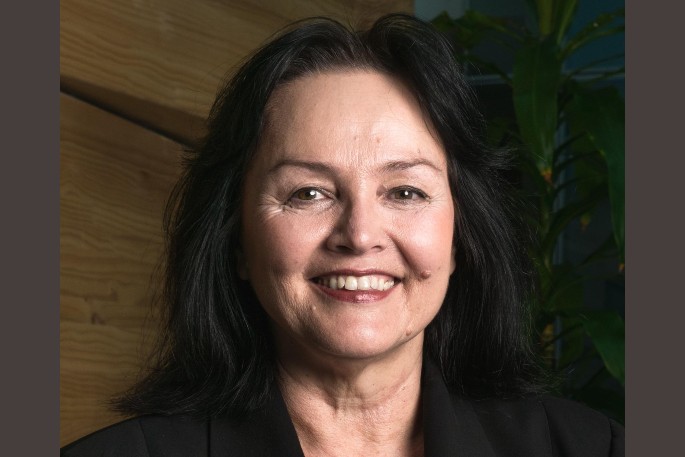This Content Is Only For Subscribers
The first phase of ChristchurchNZ’s three-year research program—The Conference Legacy Project—has revealed the positive impacts of four international conferences held in Christchurch, New Zealand in 2024.
ChristchurchNZ head of visitor economy Kath Low presented the findings on February 11 at AIME 2025 in Melbourne. Internationally-recognised business events researcher, Professor of Business Events at University of Technology, Sydney, Carmel Foley, conducted the surveys and compiled the 2024 Interim Report with her colleague Dr Anja Hergesell from UTS Business School. Their research was supported by ChristchurchNZ and Tourism New Zealand.
“We have seen some excellent results so far from the Christchurch conference surveys. These four conferences proved to be particularly strong facilitators of knowledge sharing and collaboration, driving scientific advancement and industry innovation,” Kath says.
Delegates gave high ratings for scientific advancement, early career capabilities, and personal attendee impacts: 89 per cent of respondents agreed the conference facilitated knowledge-sharing and collaborations and 85 per cent of respondents reported the conferences were valuable platforms for advancing their fields.
“Early career delegates benefited greatly, enhancing their knowledge, networks and capabilities, which supports the future health of key industry sectors in New Zealand.
“The beyond-economic benefits of business events include attracting global talent.”
A staggering 20 per cent of respondents reported that they are actively seeking to relocate to Christchurch to live, work and/or study.
“Attracting global talent enriches the local workforce, drives economic growth, and fosters a culture of innovation that can propel industries forward,” the report says.
“Ōtautahi Christchurch has a thriving business events ecosystem and we recognise that evidence-based information has the potential to catalyse innovation in priority sectors and contribute to solutions for environmental and social issues. The research is going to provide insights to generate funding, inform strategies and global marketing,” says Kath.
Respondents gave high ratings for the inclusivity of the conferences, the strategies used to minimise environmental impacts, networking and the sharing of knowledge. They equipped delegates with new knowledge, ideas and techniques which drove workplace innovation, benefitting communities.
“There is a changing dynamic in what it means to deliver a conference well. The next generation of industry leaders expect more and care more about the broader impact of the business events they attend.
“Te Pae Christchurch Convention Centre is contributing through its industry leading environmental initiatives,” Kath says.
Te Pae Christchurch is net carbon zero certified, meeting internationally recognised standards of measuring, managing and reducing lifecycle emissions from the operation of the centre. 68 per cent of respondents noted that waste generation was minimised through thoughtful practice, and 62 per cent of respondents agreed that the choice of venue reflected a commitment to environmental sustainability. 64 per cent of respondents agreed that the conferences were designed to minimise negative environmental impacts.
“We are early in the program and the indicative trends are showing very positive results,” Carmel says.
“The next report will include a broader range with data from Wellington and Auckland. We are excited to see how this evolves as the dataset grows and we can dive deeper into the analysis from a whole of New Zealand perspective.”



